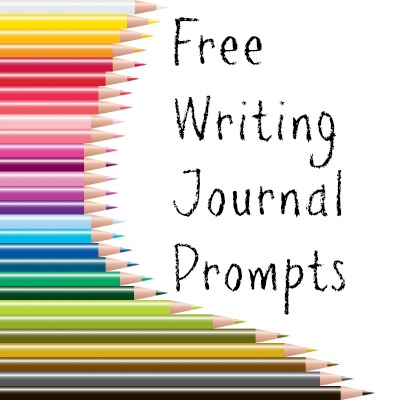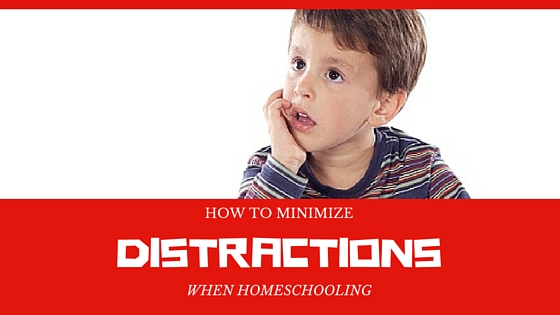This is a guest post by Jennifer Courtney.
Is our entire civilization in danger because of our impoverished language? Is text speak a sign that we are losing the ability to construct and communicate complex ideas through written language? In a philosophy class, I led a group of high school students to come up with a thorough definition of man (as in mankind). After thinking, discussing, reading, wrestling with ideas, and refining, we came up with something like this: “Man is a rational being made up of mind, body, and soul which uses language to communicate.” Communicating our ideas through written and spoken language is one of the important differences between man and the animals. (For fun sometime, ask a committed Darwinist about the evolution of language.)
If language is a distinctive characteristic of humans, then should we not be concerned about preserving it? My teenage son often mocks me because I continue to use complete sentences, full spelling, and accurate punctuation in my overly long text messages. I continue to claim that effective communication is a hallmark of civilization and that the reduction to three-letter mystical abbreviations is a sign of its demise.
Add to these changes the fact that social media has sharply reduced the length of our communications, which makes it impossible to communicate complex ideas through these media. I constantly have to revise my Facebook statuses because I have used too many characters. This summer, my colleagues and I were joking about our attempt to Tweet quotes from David Hicks (author of Norms & Nobility) and Tracy Lee Simmons (author of Climbing Parnassus). Like Saint Paul, it takes both of these authors an entire page to communicate a single complex thought. There is just no way to break it up into a sound-byte for Twitter.
I recently read that students have been using PowerPoint presentations to deliver book reports. The principal was impressed with the graphic presentations designed by these eighth-grade students until a school media specialist pointed out that the “book reports” contained an average of seventy-seven words. It is difficult to conceive how the students could have thought much about the characters in the novels or the lessons that the characters learned, much less about how to apply those lessons to their own lives.
My own education was influenced by what we would now consider to be a primitive technology. During my junior and senior years in high school, my school (the largest public high school in my state) installed a state-of-the-art writing lab. At least once a week, English students paraded into the lab. We typed our papers into the computers and received back printouts on tractor-feed paper. The printouts gave us four different critiques to use in writing our final essays. Looking back, I am amused that we did not simply save the money, stay in the classroom, and exchange papers with one another for feedback.
So, how can we reclaim the dying art of good writing? I believe there area few simple skills that we can recover from previous generations to train our children to communicate complex ideas well to those around them. First, our students need to read voraciously. Reading quality literature builds vocabulary,trains the brain to recognize, and later to write, complex sentences, and provides a storehouse of experiences and ideas about which to write. Second, our students must learn grammar. It is difficult for them to write a complex sentence if they do not know what a complex sentence is. Third, we must train them to think carefully about issues and ideas. Finally, they can wrestle these ideas onto paper often.
This summer, I joined a group of my colleagues at Leigh Bortins’ home for a writing week. Prior to the meeting, we each selected a topic and did a bit of research. We then spent the week together divided into quiet times of reading, reflecting, and writing, interspersed with discussion and editing. Across the course of the week, we all remembered a lot about the craft of writing. One of the most important things we recalled was that there are four relatively distinct stages that must be completed by writers of all ages.
The first is that there must be an input of knowledge. Because we planned the week about six months in advance, each of us had read several books about our topic before we convened. Each participant had taken careful notes on the topics so that we had compiled a large file of ideas before coming together. For any writer, this is an important step.
Our students input ideas by reading and by memorizing. They need a ready storehouse of quality information. According to Greek mythology, writers, poets, and musicians were inspired by the muses. Interestingly, the mother of the muses was memory.
Our children need a rich storehouse of facts, poems, and stories to draw upon when they write. I was delighted the other day when one of my students compared Shakespeare’s Julius Caesar to the movie Valkyrie in which German officers attempted to assassinate Hitler. His understanding of both has been enriched, and he can communicate the complex comparison of these two historical events to others in his next essay.
After gaining ideas, it is important to refine them through group discussion. Each morning during our writer’s retreat, we gathered to discuss our topics. We added the knowledge from our research to the new ideas from our discussions and began to truly understand the ideas about which we were writing. I have taught a Shakespeare course for three years, and every time I teach the course I learn something new about his plays because I have the chance to discuss them with a new group of students. Have your children read great literature and discuss it around the dinner table with the whole family. Form a book club and have them discuss great books together with friends. Teens particularly enjoy the time with good food, good friends, and good conversation.
After students have had a chance to read great books and refine their ideas through discussion, it is time to communicate their ideas through writing, a process that requires some struggle and a lot of discipline. I have had a lot of time to think about study skills lately as I have been taking Henle Latin Second Year alongside some very bright high school students. The primary lesson for me has been that thinking clearly and expressing oneself well require hard work. This is just as true in Algebra as it is in Chemistry or Latin or writing.
During our writing retreat this summer, the research and discussion steps were easy and pleasurable. The hard work began as we each sat down to write. After we spent two days working almost all day on our drafts, we exchanged them with one another. Then, we incorporated one another’s suggestions into our final drafts. Students should practice the art of composing a good sentence, then crafting a quality paragraph, and finally of designing a full-blown essay or research paper.
It is hard work to effectively communicate complex ideas to a reader, but it is a most important discipline if we seek to turn others toward wisdom and toward an appreciation of what is true and good and beautiful. We must know the Truth,learn to articulate Truth well, and present it in a way that is irresistibly compelling to others.
Jennifer Courtney and her husband have been homeschooling classically since 2003. She currently serves as the Director of Training and Development for Classical Conversations. She is the co-author of the Classical Acts and Facts History Cards series and of the book Classical, Christian Education Made Approachable. Jennifer writes for the Classical Conversations Writer’s Circle as well as a variety of homeschool and other education websites and magazines. She and her husband Tim live in Oklahoma, where they home educate their four children.
Endnote:
- This research was cited in Trelease, Jim. TheRead-Aloud Handbook, sixth edition, New York:Penguin Books, 2006, p. 154.
Copyright 2013, used with permission. All rights reserved by author. Originally appeared in the February 2013 issue of The Old Schoolhouse® Magazine, the family education magazine. Read the magazine free at www.TOSMagazine.com or read it on the go and download the free apps at www.TOSApps.com to read the magazine on your mobile devices.






